Game developers have a complicated relationship with words.
I can’t seem to browse game dev social media without seeing someone trying to redefine a word to fit whatever it is they’re doing.
Everyone is a developer
I was interviewing a prominent game designer for my podcast (and later, my book) about his time at Midway, Atari, and Microsoft before recently striking out on his own when I walked into this catchy soundbite:
Me: You’re a well-known designer, but you are multitalented. You must do development as well, right?
Him: Yeah. Well…I like to say everyone on the team is a developer.
Me: Fair enough.
This wasn’t the first time I’d heard a version of this. I think Jesse Schell says something similar about the term “game designer” in his famed treatise, The Art of Game Design. The point is that, ideally, everyone on the team shapes a project with their ideas and contributions and, in that sense, everyone has had a hand in designing and developing the game. So anyone who reserves those terms for the traditional roles we all recognize has sort of excluded everyone else from that concept, whether by choice or accident.
As a developer and a collaborator, I do believe that everyone involved shapes a project. As a writer, I feel strongly that words have exact meanings, and we ought to stick with them even when they make us feel bad.
The “everyone here does the same thing” concept certainly isn’t new. In the early 2000s, I worked for a hipster tech startup on a team that operated a low-effort shopping portal that funneled most of our web traffic back out through PPC arbitrage (in essence, we were buying traffic low and selling it high) and funneling the rest of the visitors to the company’s ecommerce clients. I remember the day we heard in an all-hands meeting, “Everyone here works in sales.” Interestingly, the part-owner who said it didn’t really say anything else to drive the point home, but it wasn’t hard to figure out: whatever you actually do impacts our products and services, and that impacts our sales.
It’s a great line for a leader to say, and it’s a line most people should ignore.
I was doing QA on a team that was basically working on a gimmick side project that we all knew was likely doomed if pay-per-click platforms closed the pricing gap. When I opened my mouth in a meeting to ask for clarification or suggest something, the vibe in the room said, “this would be a lot faster and easier if you’d let the important people figure this out.” In truth, they didn’t even require the developers to work closely with me as the sole tester. They just freely deployed whatever they wanted until there was a major production issue which they conveniently dumped on my shoulders. It continued this way until I transferred out of the department when I was ready to take on a pseudo-web development role which led to a big boy development role at another company where I got a big raise and really impacted the product. More importantly, I was better valued and infinitely happier.
It’s true that every role has an impact, but the implication that all of those impacts are the same or even similar is categorically incorrect. If you’ve decided you’re a lifer on the QA team or you’ve decided to handle customer support issues so you can participate in something with your friends for fun and a bit of extra income, fantastic. You should be appreciated without question. For the most part, though, if you’ve gotten involved in the craft at all, the path of greater fulfillment is usually one and the same as the path of greater impact. When I saw someone on social recently insist that QA testers are developers — although QA absolutely got my foot into the doorway of my career — no, I don’t really buy it. Because I don’t believe the rest of the team thinks that. I’m sorry.
Worse, with apologies to Jesse, I don’t think anyone ought to use the term “designer” or “developer” until they’ve completed and shipped a game. I believe that’s part of the reward for getting to the finish line the first time. When you say those words, you deserve to feel confidence and pride inside, not uncertainty.
Everything is indie
I rarely participate in the “is it indie?” debate we hold for every studio and project now because I like to think that surely people actually understand where the line is, even if they’re saying something different on social for engagement.
Apparently not.
The debate came and found me in the form of a discussion with someone at Gearbox when it came out that there’s a notion (at least internally there) that Gearbox is “independent” — the term “indie” was not used, but how else am I to interpret it? — because it is not owned outright by a publisher like 2K, the $3.5 billion-a-year outfit publishing the Borderlands series. Shortly thereafter, Gearbox was acquired by Embracer for over $1 billion.
Occasionally, we’re also starting to see major misinterpretations of indie status based on, what, silly graphics? Dave the Diver was nominated for Best Independent Game of 2023 at The Game Awards last year. The problem? Dave was developed and published by MintRocket, a sub-label of Nexon, another multi-billion-dollar corporation.
“Independent can mean different things to different people,” producer Jeff Keighley said about it in a broadcast on Twitch. “It’s sort of a broad term.”
You see, though, it’s not.
The moment you accept ongoing funding or expertise from another organization, you are no longer independent. That becomes “dependent,” by definition, with no room for interpretation.
There’s a great reason not to fiddle with this time-honored definition: there are people out there who really do remain independent, and they shouldn’t have to listen to this shit.
When I was developing my mobile game, I went out of my way to fellowship with members of the local game developer co-op here in my area. As Greater St. Louis has virtually no ties to the proper industry, the ranks of the co-op understood the low end of the development chain all too well. If a bunch of us were scripting solo in spare bedrooms and heard someone call themselves indie while, say, Riot was footing the bill for their art, their music, and probably their mortgage, we would have collectively lost our damn minds.
If you score a publishing deal, fantastic. Understand that you’re trading a little bit of the street cred for cash. As long as you recognize that, that’s okay!
Only solo is solo
The worst and most recent story revolves around the cut-and-dry question, what is solo?
Even if you saw the origin of this discourse unfold on Twitter, you probably didn’t catch all of the gag-inducing details, so allow me:
Most of us came across the discussion when a web developer and creative officer in the biz shared a Tweet by an account called Streets of Rogue 2 in which they’d uploaded a video captioned “Crazy open world sandbox RPG created by a solo developer.”
“This looks amazing,” the executive offered. “But PLEASE don’t refer to yourself as a solo dev when you clearly worked with contractors. They are part of your team. You are not solo.”
When asked how this was clear, the dev/CCO clarified, “I know at least one of the artists.”
The thread gets interesting when someone asks, “Who made the art? Who made the music?”
The gentleman who fancies himself a soloist appears to weigh in from a separate account, saying, “The Manor Lords dev was discussing this.”
I don’t know what that means.
“Perhaps there’s a better term for someone who’s the center of the project–“
Gross.
“— and works with contractors, as I have. ‘Solo Project‘ was suggested.”
No.
“I do think ‘solo developer’ does a disservice to other contributors.”
Okay, well did you Tweet “solo dev” from the studio account yourself, or was it someone on your social media team?
I’m not kidding when I ask that. MobyGames lists 34 other professionals on the team that made the first Streets of Rogue including three different community managers among more than 20 contributors from tinyBuild, a publicly-traded publisher with a recent market cap near $30 Million. This is in addition to a separate team of 8 console developers who presumably worked on ports. Let me counter the Manor Lords guy and suggest this gentleman isn’t a soloist, he isn’t the only coder, and it isn’t even an indie game, it’s just probably relatively low-budget.
There’s another easy, fine line to cross on this topic: the moment you have someone else to talk to, you are no longer a soloist. This is because, again, there are real soloists out there who would like a word. I developed my first indie game solo. I thanked my wife in the credits for being my wife and my in-laws for helping me keep our new baby alive. I wrote the code, drew the art, and composed the music. Then I published and promoted it completely alone. This was, without question, my project.
And that process sucked! Of course I would have loved to be collaborating with one or more friends or even contractors. That would have been absolutely awesome, but I had nothing to offer them, and it would have made no sense at all for them to spend their time that way. The point is that the weight of being alone on a project can be crushing. When something new comes up, there is no question who has to find the answer. When there’s a mistake, there’s no doubt as to who is at fault. It’s damn sure clear when the project has impacted family members and others around you who don’t understand what you’re doing or why you don’t have any help with it. You are either truly alone on a project or you are not.
People push back on this because, again, it makes them feel bad not to get the credit. You can tell because of the viciousness in their objections.
“If you didn’t design the game engine, I guess you’re not solo.”
Or, worse, “If someone else is working in your house, cooking in your house, or cleaning in your house so you can work on your game, you’re not solo.”
Fuck off. We don’t look at anything else in the world this way. You could finish something of your own if you weren’t so wiped out from all the mental gymnastics.
Ultimately, we’re guilty of oversupporting in game development. The craft is difficult, unpredictable, and almost always unfair. To make up for it, we tell people projects are looking great when they aren’t, we award titles before they’ve been earned, and we pass around the same fifteen bucks between ourselves every time someone does manage to launch something. When a project falls on its face, no one claims to know what happened. Are we really doing developers any favors that way?
I’d say we’re not. I’d say you can only survive this craft by doing it within the confines of cold, uncaring reality.
Wish it weren’t so.

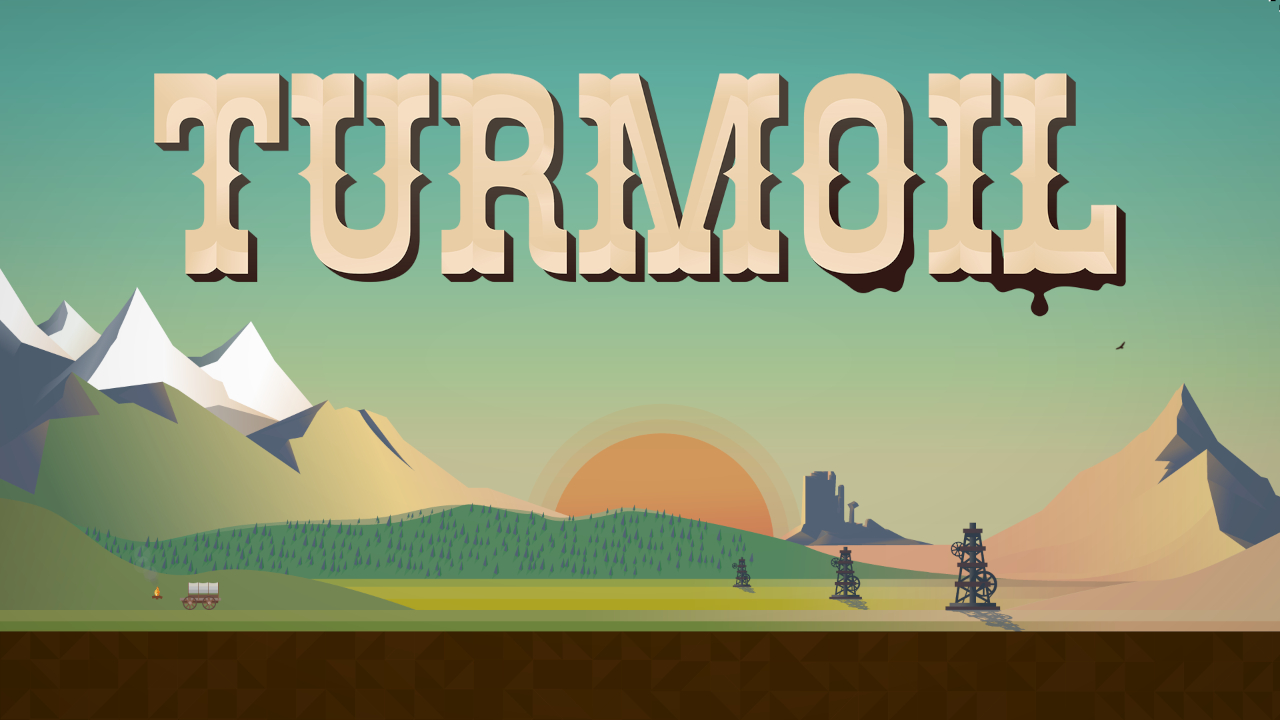
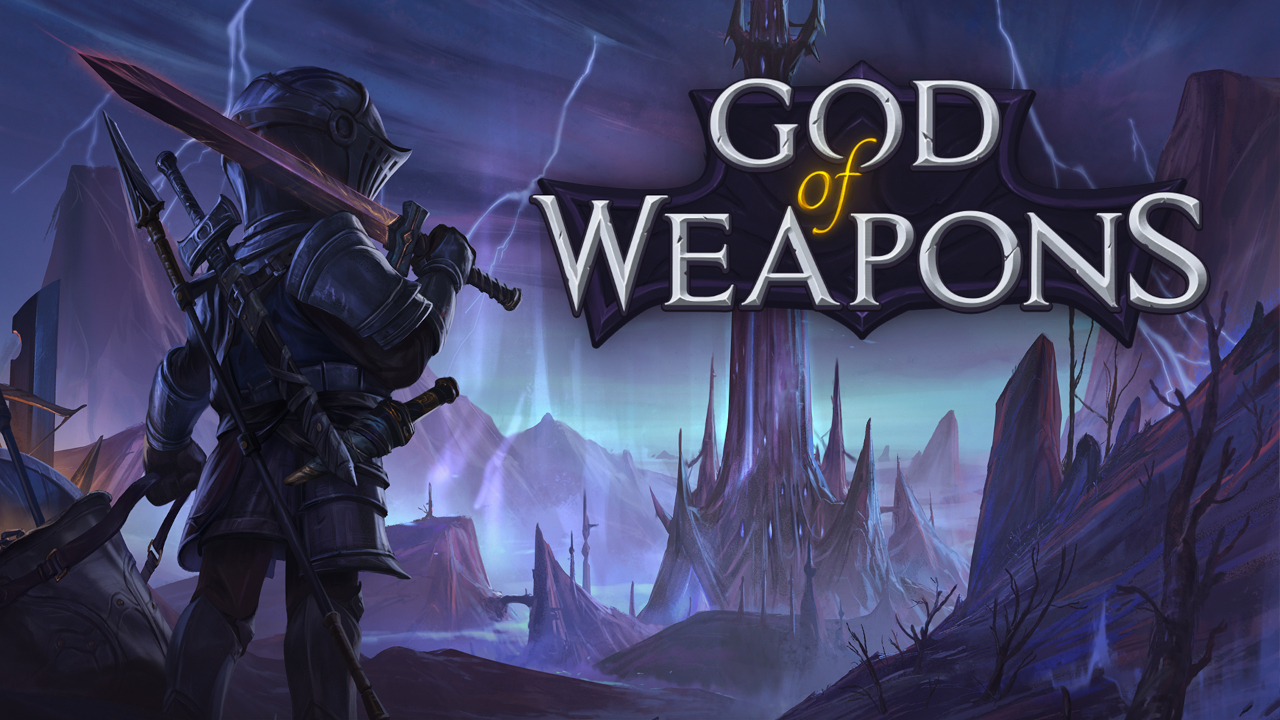
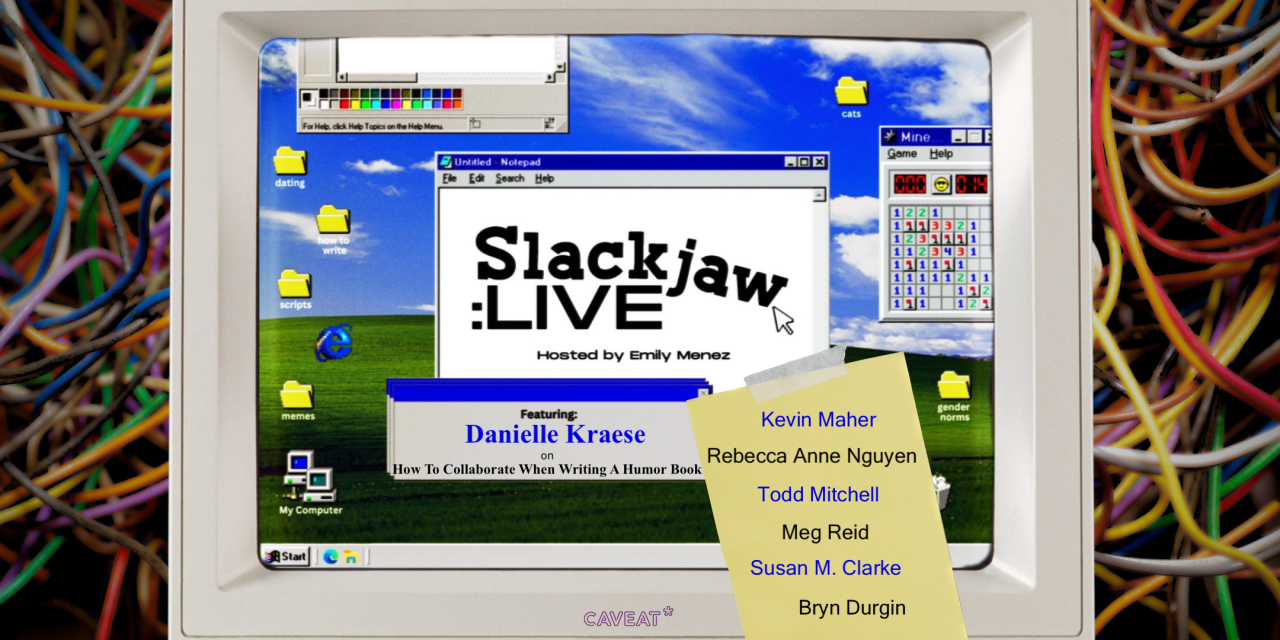
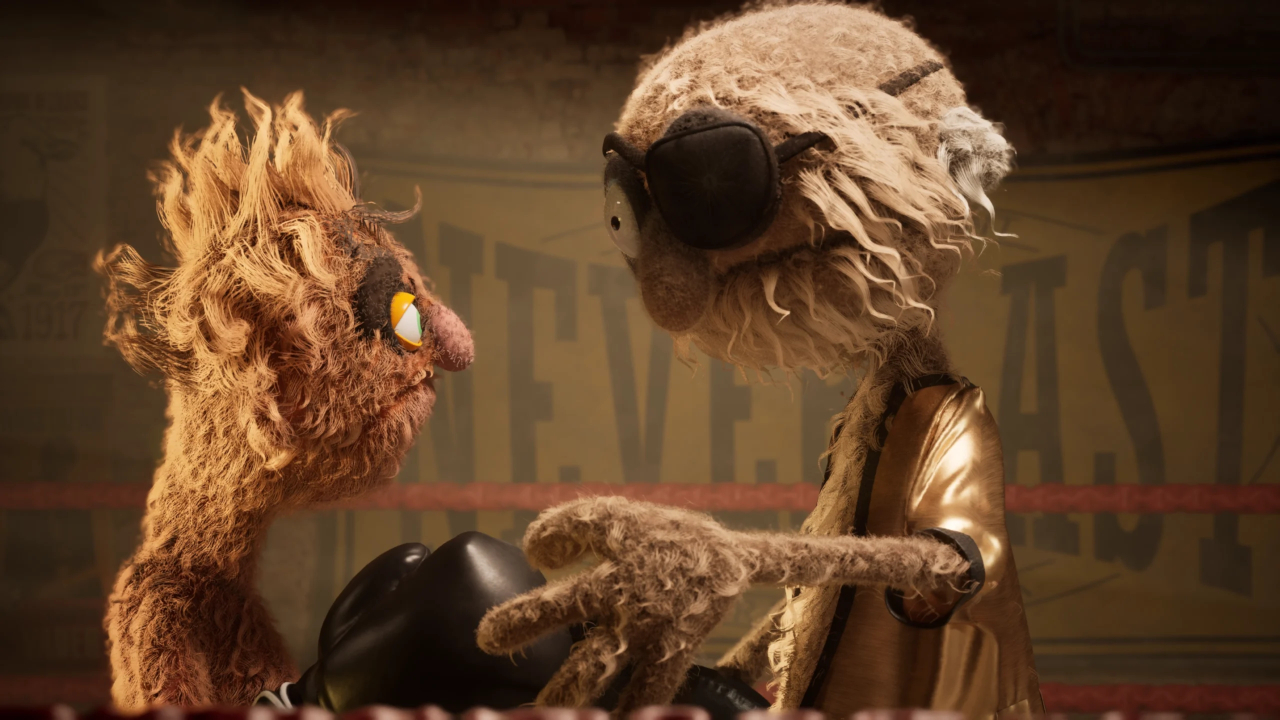
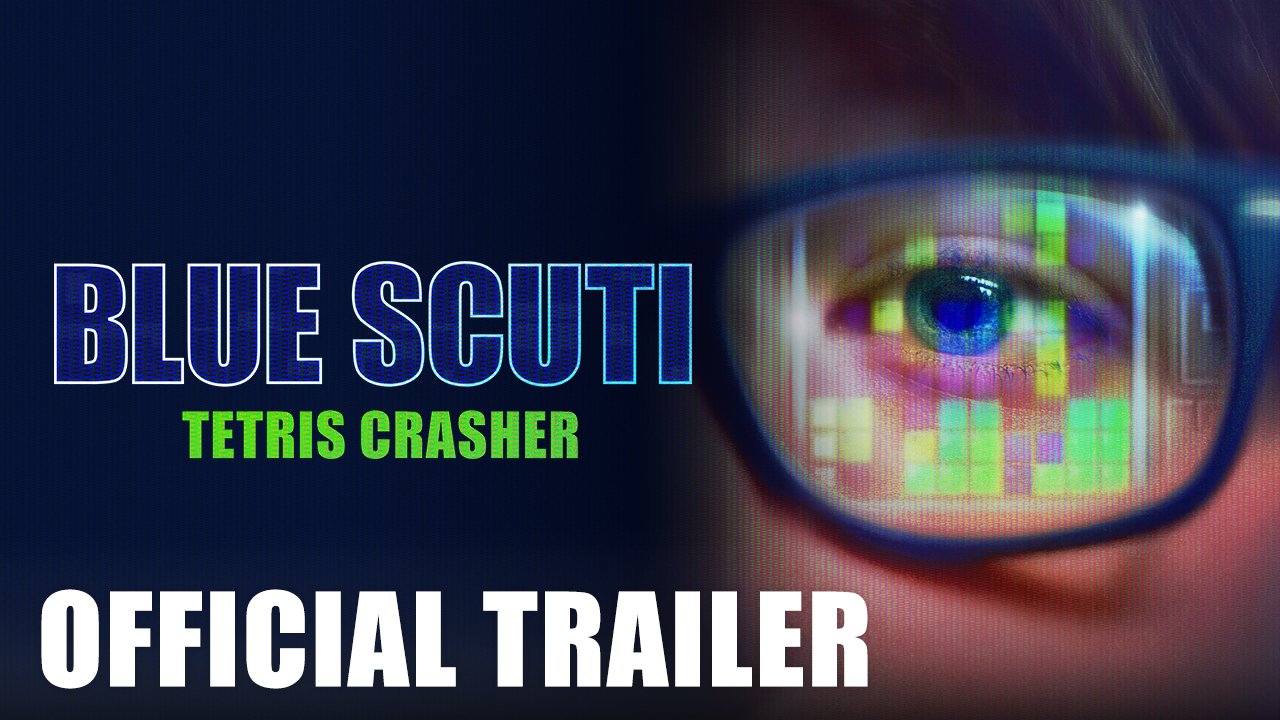
Leave a Reply